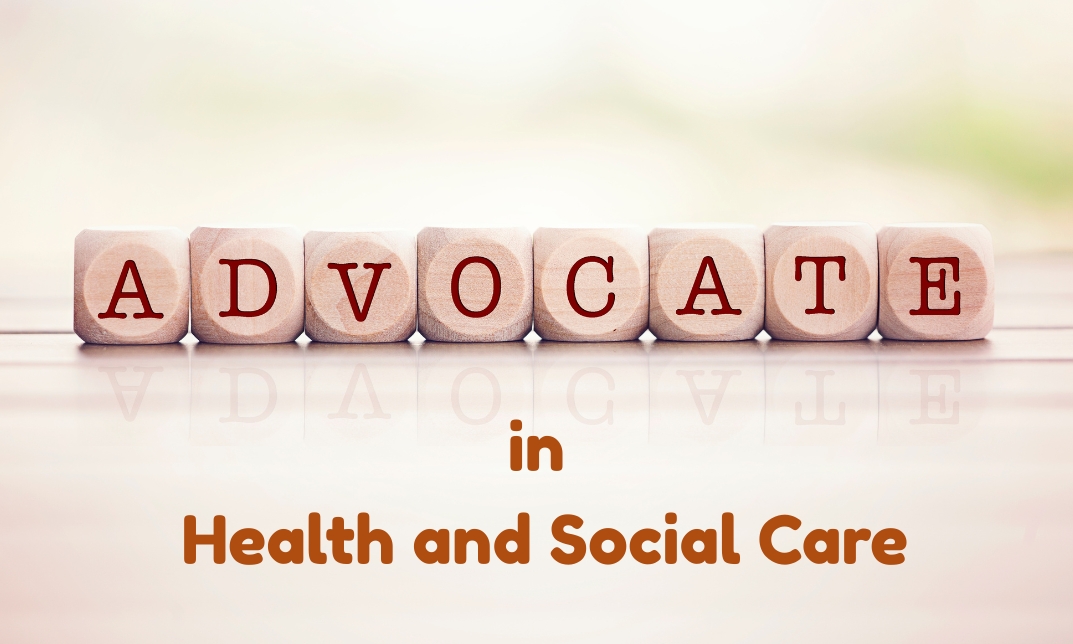No products in the basket.
When a care worker spots a bruise and reports it without delay — that’s duty of care. When a nurse refuses to give a drug she hasn’t been trained to handle — that’s duty of care. When a care team slows down to make sure a confused man understands his care plan — that’s duty of care too. So, what is duty of care health and social care professionals are expected to deliver?
It’s the legal and moral responsibility to keep people safe, respected, and well. You act in their best interests, every time, don’t walk past harm. You speak up when needed and check. That’s not going the extra mile — that’s just good care.
Why Duty of Care Is the Foundation of This Work
Health and social care runs on trust. People let you into their homes, their pain, their most vulnerable moments. They trust you to help, not harm. That’s what duty of care protects.
You’re not just there to “help out.” You’re there to protect safety, uphold dignity, and make decisions that matter. You know when to act. You know when to challenge something wrong. And if you don’t know — you stop and find out before you do anything.
That’s what makes this work different. It’s not just about kindness. It’s about professional judgment, legal accountability, and moral responsibility.
What Is Duty of Care? (And What It Isn’t)

In health and social care, duty of care means doing everything you reasonably can to keep the people you support safe from harm. It also means acting in ways that support their rights and freedom. It covers everything from:
- Reporting risks (like a faulty hoist)
- Not giving care you’re not trained for
- Keeping someone’s private details confidential
- Challenging poor practice when you see it
It doesn’t mean doing everything someone asks. It means doing what’s safe, right, and in line with your training and the law.
Where Duty of Care Comes From: Legal and Ethical Roots
You don’t just follow duty of care because it feels right. You follow it because the law says so.
The legal side comes from negligence law — that’s part of civil law. If someone is harmed because a professional didn’t do what a trained person should have, the courts can hold them (or their employer) responsible. Duty of care also shows up in:
- The Care Act 2014
- Mental Capacity Act 2005
- Health and Social Care Act 2012
- Professional codes (like the NMC Code or HCPC standards)
In short, if you’re a nurse, support worker, social worker, or student — you have a clear legal duty to keep people safe, act professionally, and follow the law.
What Happens If You Ignore Duty of Care?
If you break your duty of care, people get hurt. And the fallout is serious.
- A patient gets the wrong medication
- A service user is neglected
- A child isn’t protected from harm
- A vulnerable adult is abused because no one spoke up
That’s why duty of care is non-negotiable. If you see something unsafe or wrong, you must act. You might raise a concern, challenge a decision, or report an incident. You don’t just hope someone else notices.
What Does Duty of Care Look Like in Real Life?
Let’s take it out of the textbook. This is what it looks like, day to day:
- Care assistant in a home: Checks water temperature before helping someone bathe. They report a broken grab rail straight away.
- Student nurse on placement: Feels unsure about a procedure. They say so — they don’t guess or “wing it.”
- Community support worker: Notices a client losing weight. They gently ask, check the care plan, and alert the supervisor.
- Social worker in a meeting: Disagrees with a care plan. They explain why and make sure the person’s voice gets heard.
It’s not always easy. It means raising concerns when others won’t. It means turning down unsafe requests. But that’s what makes you a professional — not just a helper.
Knowing Your Limits Is Part of Duty of Care
You can’t do it all. You’re not trained for everything. That’s not failure — that’s being honest. If someone asks you to do something you’re not trained or confident to do, you must say so. That protects them — and you.
Examples:
- You’re asked to give insulin but haven’t done the training
- You’re asked to move someone alone who needs two carers
- You’re working alone and feel out of your depth with a mental health crisis
You don’t push through. You stop, speak up, and get support. That’s not letting the team down. That’s keeping everyone safe.
Speaking Up Is Duty of Care in Action
What if you see something that worries you? Maybe a colleague speaks sharply to a resident. Or someone isn’t following hygiene rules. Or you hear a racist comment. You feel your stomach drop. Now what?
Your duty of care kicks in.
You don’t ignore it. You follow your workplace policy and report it — to your supervisor, safeguarding lead, or whistleblowing line.
This isn’t stirring up trouble. It’s protecting people. The Duty of Candour (now part of NHS and CQC regulation) says professionals and organisations must be open when things go wrong. That openness starts with you.
Duty of Care and Safeguarding Go Hand in Hand
Duty of care links directly to safeguarding — keeping children and adults safe from abuse, harm, or neglect.
If you notice signs of harm — bruises, fear, withdrawal, or someone telling you something — you must act. You don’t wait for proof. You don’t decide if it’s “serious enough” and follow your safeguarding procedures. You report.
In 2025, every health and social care setting must have clear safeguarding leads and training. This is not optional. It’s your legal duty to protect.
Why Duty of Care Matters More Than Ever in 2025
The system faces big challenges — staff shortages, funding gaps, rising need. But your standards can’t drop. Recent reforms — like the Health and Care Act 2022 and updates to CQC inspections — put even more focus on:
- Person-centred care
- Safety and dignity
- Speaking up culture
- Staff training and responsibility
Martha’s Rule, being rolled out across NHS trusts, is one big example. It gives patients and families a clear way to ask for urgent reviews if they feel something is wrong. Why? Because too many times, people didn’t feel heard. Professionals didn’t feel empowered to speak up. Now, that’s changing — and you are a part of that shift.
What If There’s a Conflict Between Duty of Care and a Person’s Choice?
Sometimes, a person wants to do something risky. Or refuses help. Or wants to leave the hospital early. Here’s the test: Are they making that choice with full understanding? If yes, and they have the capacity, they have the right to choose — even if you disagree.
If they don’t have capacity, the Mental Capacity Act applies. You must act in their best interests, with input from others, and in the least restrictive way.
You don’t force. But you don’t walk away either.
Duty of care means respecting people’s rights while still protecting them from harm. This is where professional judgment matters most.
Duty of Care in Education and Training
If you’re working toward a diploma in health and social care, duty of care is one of the first things you learn. It’s a core unit in:
- Level 2 and 3 Diplomas in Health and Social Care
- Care Certificate standards for new support workers
- Social work and nursing degrees
In class and in placements, you practice:
- Spotting risks
- Making safe decisions
- Saying “I don’t know”
- Reflecting on what went well — or what could improve
Your assessor will ask you about real situations. You’ll give examples from work. You’ll show that you understand duty of care — not just in theory, but in your actions.
How Duty of Care Affects Your Career and Team
Good care builds trust. Poor care leads to harm — and accountability. When duty of care is part of a team’s culture, people feel safe to speak up. Morale improves. Mistakes drop. People work better, together.
Whether you’re just starting your health and social care degree, or you’re already working in the field — duty of care will shape your whole career. In fact, many health and social care degree jobs list it as a key skill:
- Community support worker
- Learning disability nurse
- Social worker
- Occupational therapy assistant
- Safeguarding lead
If you can prove you follow duty of care and think critically about safety, you’ll stand out. Employers look for it. Regulators expect it. The people you support deserve it.
Final Thought: This Is What Makes You a Professional
So, what is duty of care health and social care? Duty of care isn’t a grey area. It’s a clear standard. It says: “I will do the right thing, even when it’s hard.” You’re not just checking tasks off a list and protecting people and spotting problems before they grow. You’re speaking up when it would be easier to stay quiet.
That’s the line between a good worker — and a great professional.
You walk into every shift knowing the weight of what you carry. That’s not a burden. That’s a responsibility.
Want to lead with confidence and protect what matters? Join our online Health and Social Care courses today at Course Cave. Let’s raise the standard.




